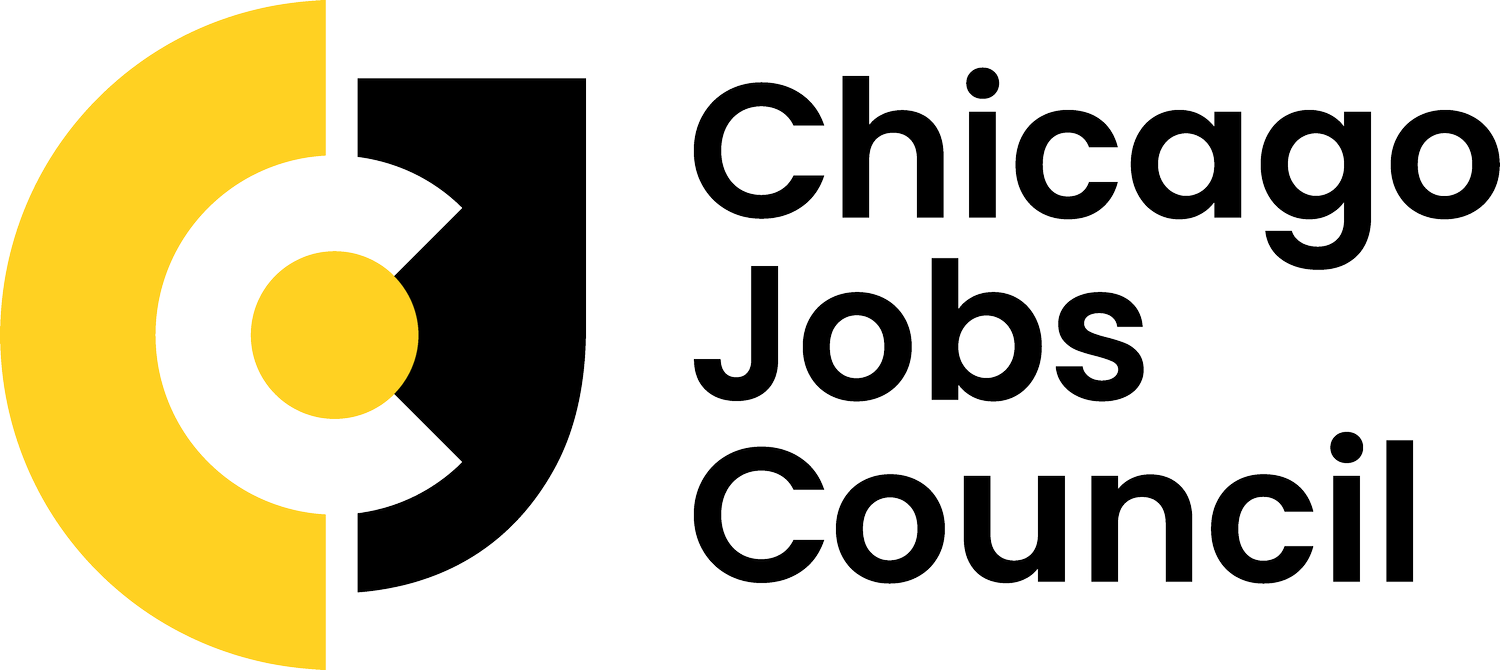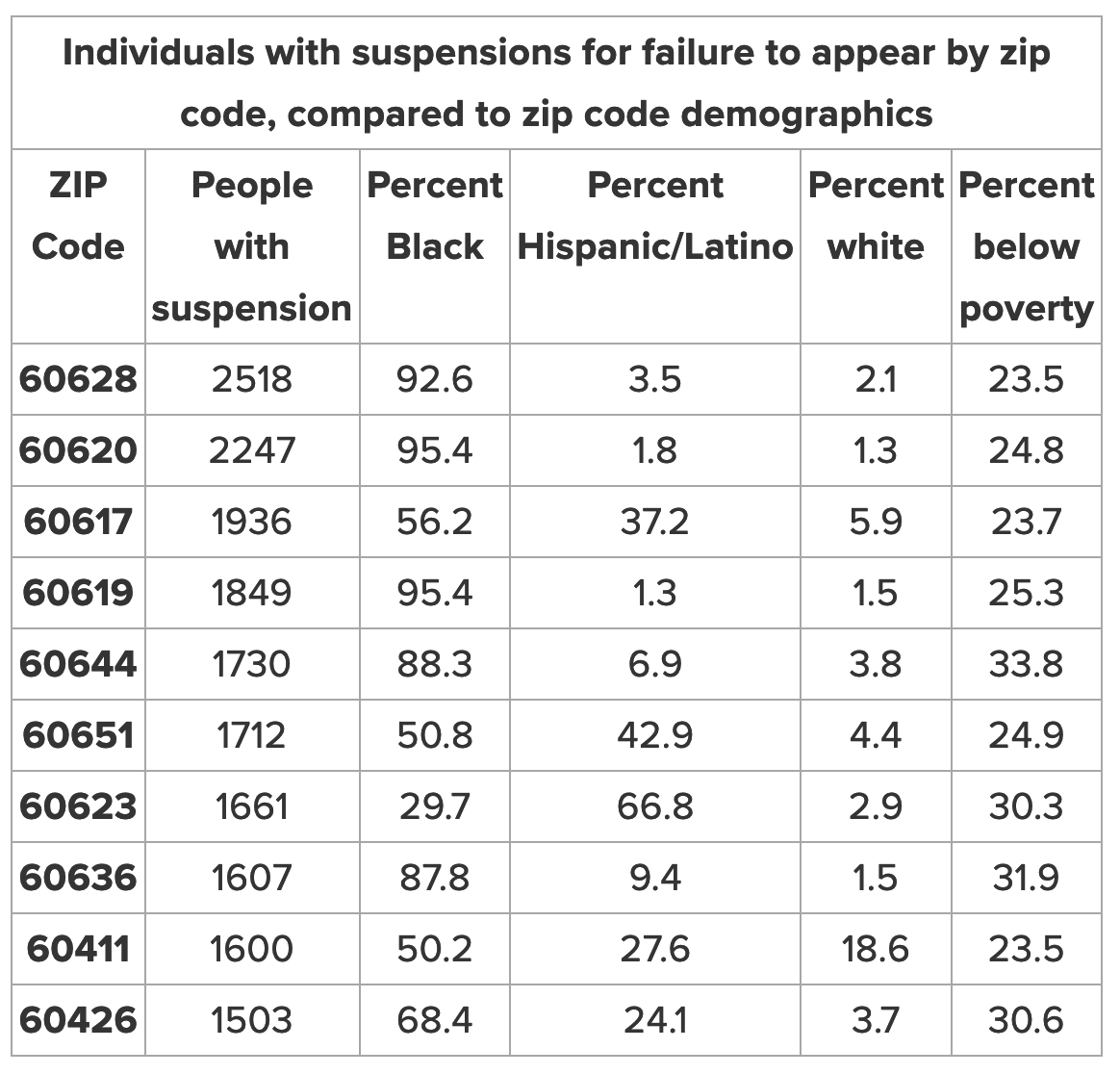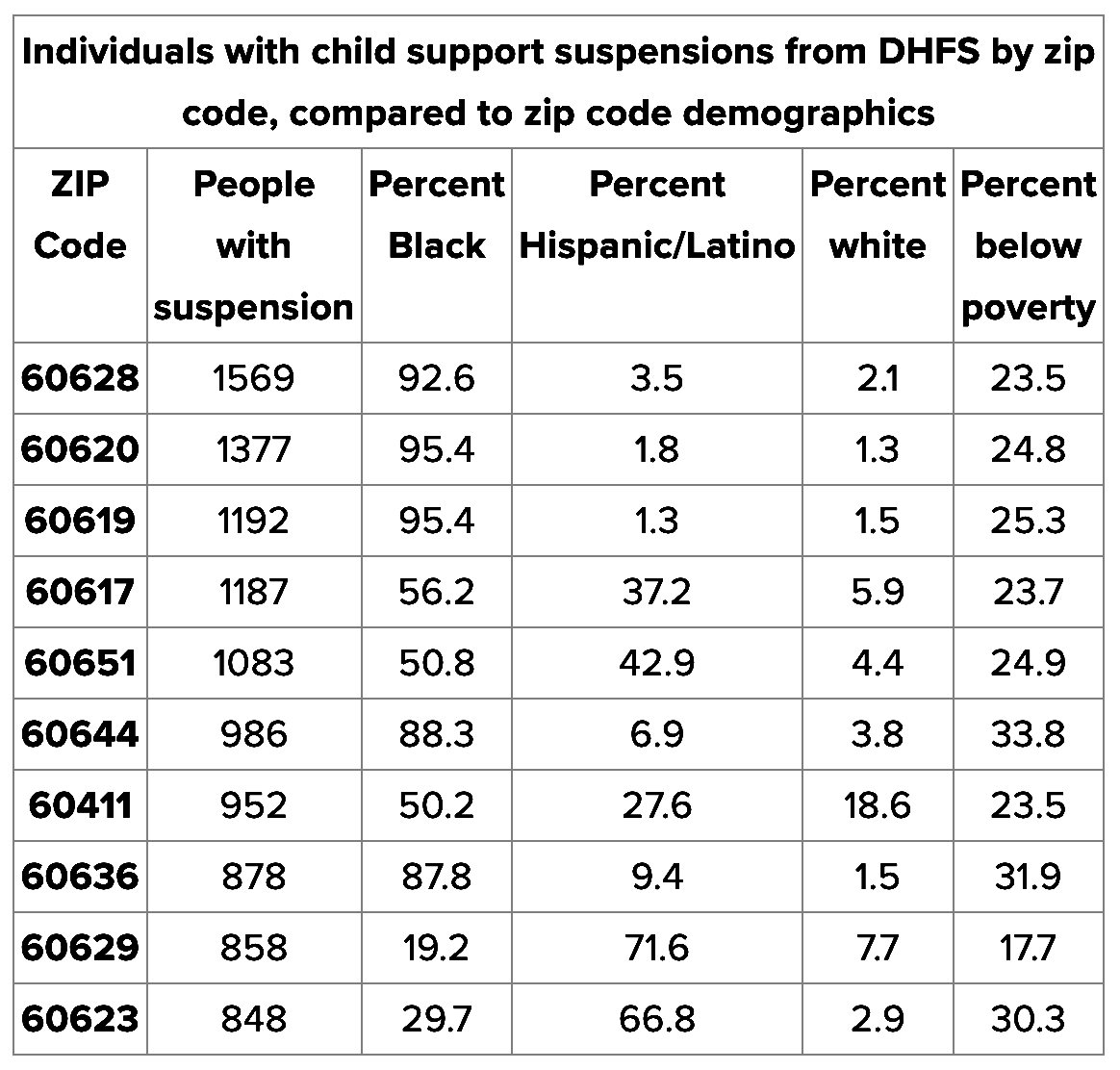License
To Work*
*Completed Initiative
Driver’s license suspensions should not punish people for their poverty.
The License to Work campaign was led by the Transit Table coalition in its mission to eliminate transportation barriers that keep people out of work and in poverty.
In 2020, the Illinois General Assembly passed the License to Work Act, which ended suspensions for failure to pay parking tickets, impacting 75,000 Illinois driving records.
Since then the state of Illinois has been making significant progress towards ending license suspension for debt collection.
In January of 2021, the legislature passed a landmark criminal justice reform package, the HB 3653: The SAFE-T Act.
Here’s what it does.
Reinstatement
Currently over 10,000 people have suspensions for camera ticket debt and almost 350,000 people have holds for traffic ticket debts. The bill removes these for all currently impacted IL drivers.
No future suspension for debt collection
Local governments and courts will be no longer be able to request suspensions or holds from the Secretary of State due to automated camera ticket debt or unpaid traffic tickets.
Read more about the SAFE-T Act.
Suspensions Eliminated
Through the License to Work Act and the SAFE-T Act.
75,000
Parking Ticket
Suspensions Cleared
10,152
Automated Camera Ticket Suspensions Cleared
346,930
Failure to Pay Traffic Fine
Holds Cleared
Our Research
What does driver’s license suspension look like in Illinois?
75,000 parking ticket debt suspensions have been cleared. 10,152 automated camera ticket debt suspensions have been cleared. 346,930 failure to pay traffic fines holds have been cleared. Illinois has made huge progress making sure everyone is Free to Drive regardless of their ability to pay, but there is still more work to be done. View some of our findings here.
The below data contains Suspension Data obtained via correspondence with the Illinois Secretary of State, Demographics Data and Analyses where we analyzed the relationship between suspensions/holds and race, poverty, and employment.
Suspensions target Black & Latinx Illinoisans most.
Consistently, zip codes with higher rates of residents of color have higher rates of suspensions. Combining all failure to pay suspensions and holds, the suspension rate in majority Black zip codes is more than 5 times the suspension rate in white zip codes. For majority Latinx zip codes it is more than 3 times the suspension rate in white zip codes.
License suspensions draw people into the criminal legal system.
Driving while suspended or revoked comes with additional consequences. Illinois historically given more suspensions and holds to people of color, but Black and Latinx drivers also face steeper consequences. Drivers of color are more likely to be stopped by police and drawn into criminal legal system involvement because of a suspended license.
Only 1 of the top 10 zip codes for people with these suspensions is majority white.
This reform is even more important during the pandemic.
Eliminating hundreds of thousands of license suspensions is especially helpful during the pandemic. It provides swift, targeted relief to the communities of color where both the health and economic impact has been worst.
By ending debt-based license suspension as part of the SAFE-T Act, the Illinois General Assembly also provides strategic economic relief to the communities most impacted by the current pandemic.
License suspensions
by zip codes
See how suspensions are concentrated across zip codes of various racial demographics and economic indicators.
The suspensions can be broken down into a few different categories.
Stories From People Impacted By License Suspension
Ulixes
Working in construction, Ulixes needs a license in order to work.
Listen to his story from a July 2019 press conference on fines and fees reform in Chicago.
Senator Villanueva
In February 2020, State Senator Celina Villanueva shared with ProPublica Illinois how red light camera and other tickets almost cost her driver’s license before she joined the legislature.
Rodney
Rodney got 77 tickets in 90 days in the City of Chicago, where he works as a firefighter. He needed his license to keep his job. To escape the spiraling debt and protect his driver’s license from suspension, he filed for bankruptcy and drove for Uber on the side.
Lasheria
Learn how ticket debt and a license suspension she thought was resolved turned into a felony for Lasheria, who shared her story with the Chicago Jobs Council in 2018.
Listen To Lasheria’s Story
Share Your Story
If you, or someone you know, has had their driver's license suspended for economic reasons, or if you have been impacted by the License to Work Act, contact us today. We would love to connect, hear your story, and learn how the loss of your license impacted you .
We Are Currently Working On Ending Debt-Driven Suspensions For Failure To Appear
Driver's license suspensions are disproportionately concentrated in predominantly Black and Latinx, low-income Chicago neighborhoods.
There are over 100,000 people suspended in Illinois for “failure to appear” in traffic court. These suspensions are often just an extension of the debt collection process for traffic tickets. Like the other debt-driven suspensions, their real world impact is devastating to communities of color.
According to Illinois law, when an individual does not appear in traffic court, the court has two options: (1) continue the case for a minimum of thirty days and give the individual another chance to appear in court or (2) enter a failure-to-appear order. After the court enters a failure-to-appear order, the clerk of the court will send a notice to the Secretary of State (“the Secretary”) indicating that a failure-to-appear order has been entered against the individual. Upon receiving this notice, the Secretary will immediately suspend the individual’s driver’s license for failure to appear.
According to Illinois law, to have the Secretary of State remove a failure-to-appear suspension from a driver’s license, the individual must appear in court and “resolve the violation.” Some court clerks have interpreted this to mean that an individual with a failure-to-pay suspension must not only appear in court, but also must pay any fines imposed for the original violation in order to request removal of the suspension. After the individual has appeared in court—or, in some courts, after the individual has appeared and paid any fines and fees imposed for the traffic violation—the clerk of court will provide the individual with a notice of compliance and send a copy of the notice to the Secretary. Upon receiving the notice of compliance, the Secretary will remove the failure-to-appear suspension from the individual’s driving record.
If You Can’t Work, You Can’t Pay.
If You Can’t Pay, You Can’t Work.
Ending economic license suspension supports economic recovery.
Cutting down on license suspensions is a win for our economy, and a win for racial equity. Utilizing driver’s license suspension as a debt collection tool is ineffective, counterproductive, and most harmful to people of color.
Furthermore, driver’s license suspensions create massive barriers to employment which threaten our state’s economic recovery from the COVID-19 crisis and our ability to overcome long standing racialized gaps in employment and income.
There are better ways to promote debt repayment than suspending driver’s licenses.
The single most effective way to ensure compliance with debt is to reduce the debt to an amount that people can afford to pay.
Jurisdictions that lower fines for people who can’t afford to pay them tend to see an increase in collections and a reduction in spending on enforcement. As such, the General Assembly should also consider reforms that decrease the debt burden on Illinois families, and protect hard-earned income and assets from predatory public debt collection.
Additional Reforms could include:
Creating a four year statute of limitations on the collection of debt from local ticket fines, fees, and penalties.
Requiring municipalities and counties to adopt affordable payment plans for fines and fees at all levels, including traffic court.
Limiting late penalties, add-on fees, and interest on local tickets and compliance violations.
Restricting the seizure of state tax returns to protect people with low incomes who cannot afford to pay local ticket debt.
Disallowing booting and towing vehicles for failure to pay fines and fees.
Creating incentives for cities to end or limit the practice of police officers issuing parking and vehicle compliance tickets.
Encouraging cities and counties to allow correctable violations as an alternative to paying ticket fines and fees.
Requiring cities and counties to make ticket, fine/fee and collections data public on a monthly basis, including anonymized demographic and zip code data where possible.
Barring cities and counties from creating employment consequences due to unpaid ticket, fine, or fee debt.
Automatically expunging criminal convictions related to driving on a suspended license when the underlying suspension is due to inability to pay.
Up Next: Curb the use of license suspension to collect child support debts.
Child support license suspensions from DHFS are concentrated in zip codes with high percentages of Black and Latinx residents and elevated poverty rates.
There are almost 85,000 people suspended in Illinois for failure to pay child support. While federal law technically prohibits states from fully eliminating this suspension authority in state statute, Illinois legislators have plenty of options to curtail them. And there are plenty of reasons why they should.
Thanks To The Many Contributors To This Research, Including:
Community Organizing and Family Issues for their influential 2018 report “Stopping the Debt Spiral” and their powerful network of parent organizers who have been raising the alarm about debt and collections issues for years.
Website hosted and initially designed by Heartland Alliance.
Content updated March 2021. Lead authors were Eric Fowler and Mari Castaldi of the Chicago Jobs Council. Failure to appear suspension details written by Nusrat Choudhury & Ariana Bushweller of ACLU Illinois. Contributors also include Rev. Rachel Birkhahn-Rommelfanger of Chicago Jobs Council.
Data requests from the Secretary of State managed by Mari Castaldi of the Chicago Jobs Council and Eric Fowler.
Maps produced by Suniya Farooqui, Katie Buitrago, and Miranda Santillo of Heartland Alliance’s Social IMPACT Research Center.
Statistics and graphs were produced by Sam Minkowicz, Neuroscience PhD candidate at Northwestern University.







